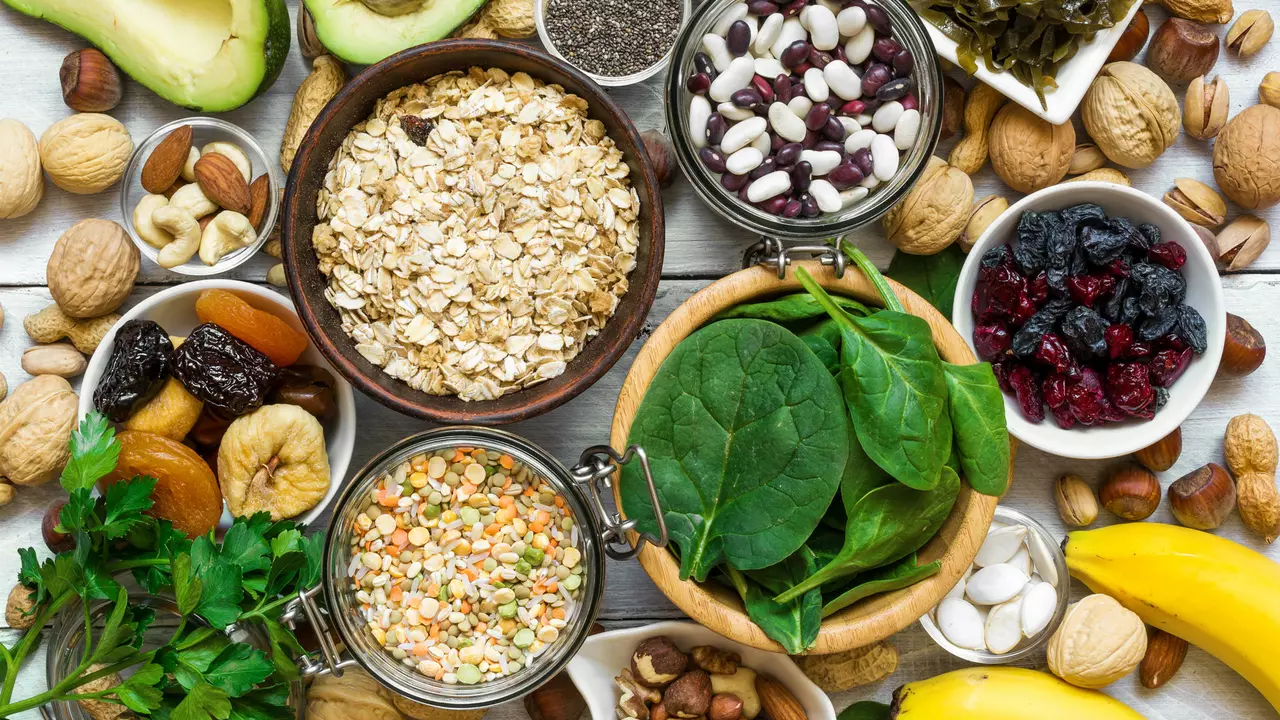Potato Dietary Supplements: Resistant Starch, Protein & Potato Extracts
Odd as it sounds, potatoes are more than fries. They’re a source for several useful supplements: resistant potato starch (a prebiotic), concentrated potato protein, and extracts from colored potato varieties packed with antioxidants. If you’re curious which product fits your goals—gut health, muscle recovery, or extra antioxidants—this quick guide lays out what each does and how to use them safely.
What each potato supplement does
Resistant potato starch (RPS): This is raw potato starch that resists digestion in the small intestine and reaches the colon where gut bacteria feed on it. That fermentation makes short-chain fatty acids like butyrate, which many studies link to healthier gut cells and better blood sugar control. Typical supplement forms are plain tubs of raw potato starch marketed as RS2.
Potato protein: Made from the tuber, this is a high-quality, allergen-friendly protein powder. It’s low in fat, mixes well, and has a neutral taste. Athletes and people avoiding dairy often use 20–30 g servings post-workout just like whey or pea protein.
Potato extracts and anthocyanins: Purple and red potato varieties contain pigments that act as antioxidants. Extracts concentrate these compounds and are sold in capsules or powders to add antioxidant support to your diet. Labels often list anthocyanin content—higher numbers mean stronger extracts.
How to use potato supplements safely
Start low and go slow. For resistant potato starch, begin with 1 teaspoon (about 5 g) daily for a week, then increase to 2–3 teaspoons or up to a heaping tablespoon (10–20 g) if tolerated. Jumping straight to high doses often causes gas and bloating because gut bacteria ramp up fermentation fast.
For potato protein, treat it like any protein powder: 20–30 g per serving after exercise or as a meal supplement. Read instructions—some blends mix with other proteins or flavors.
Follow label directions for extracts. If you’re on blood sugar meds, have a chronic condition, or are pregnant, check with your healthcare provider before adding concentrated supplements.
Watch for green or sprouted potatoes when using homemade approaches—those can contain glycoalkaloids like solanine, which are toxic in large amounts. Commercial supplements should test for these compounds, so buy from reputable brands with lab certificates.
Not everyone benefits the same way. People with IBS or small intestinal bacterial overgrowth (SIBO) may find resistant starch makes symptoms worse. If you notice persistent discomfort, stop and consult a clinician.
Want a food-first approach? Cooked then cooled potatoes raise resistant starch naturally—think chilled potato salad. That’s an easy way to get prebiotic starch without a tub of raw powder.
Bottom line: potato-based supplements can be practical tools for gut health, protein needs, or antioxidant support when chosen and used carefully. Read labels, start small, and pick brands that publish third-party test results for purity and safety.

Why Potato Dietary Supplements are the Key to Unlocking Your Healthiest Self
- by Colin Edward Egan
- on 31 Jul 2023
Hey folks! Just when you thought you knew everything about spuds, here's something that'll make you go "Potato, po-tah-to"! Yes, our humble tuber friend, the potato, has now entered the wellness league with dietary supplements. You heard it right! These potato-based magic pills are bursting with health benefits, from boosting our immune system to reducing inflammation - talk about a spud-tacular health makeover! So, next time you think about a healthy lifestyle, don't forget to say "Aloo" to potato supplements!
